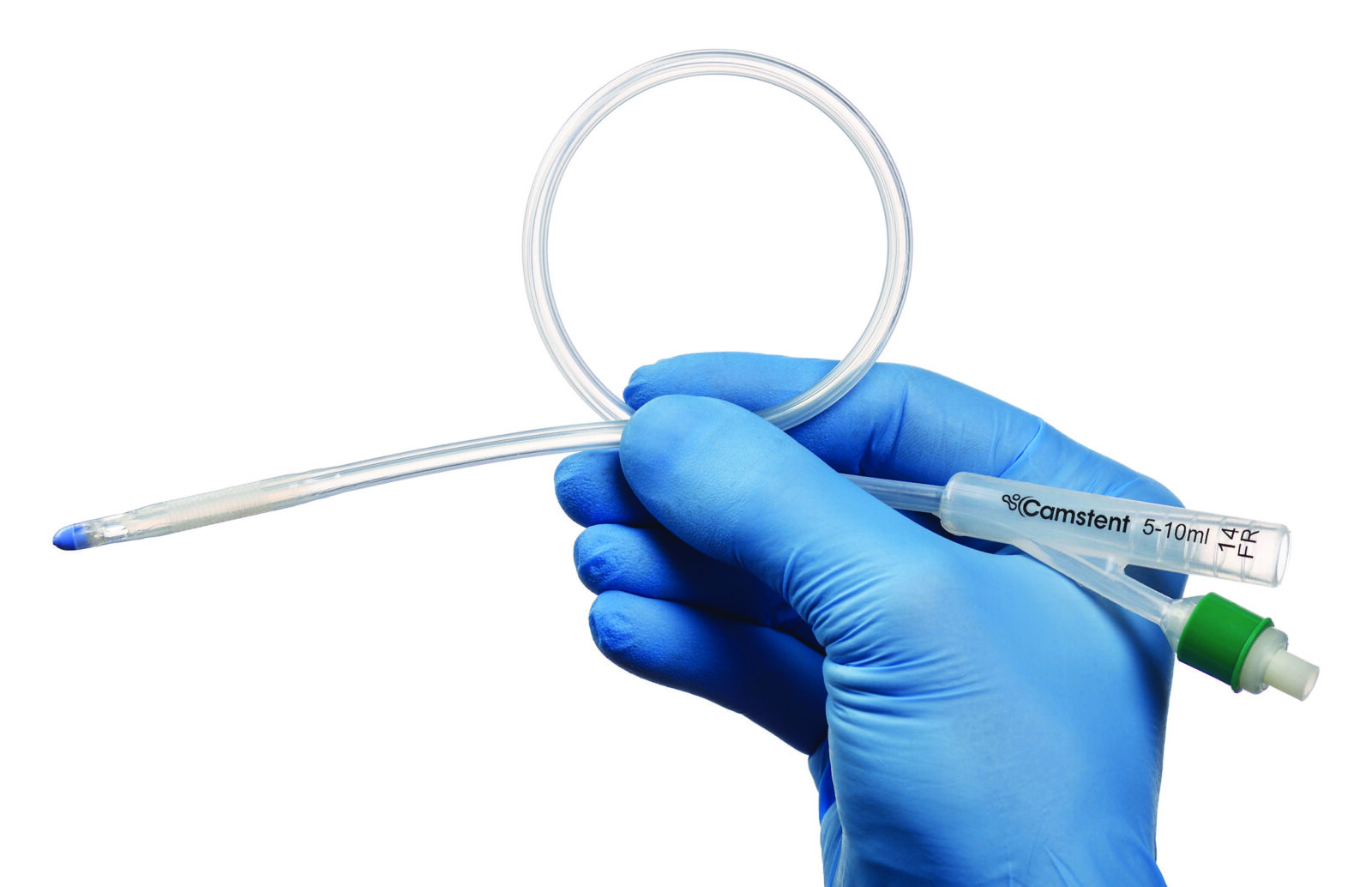
Urinary tract infections (UTIs), as a result of wearing a catheter, pose significant challenges in healthcare, leading to patient discomfort, prolonged hospital stays, increased antibiotic usage, and elevated healthcare costs. Addressing these issues, Camstent and Pennine Healthcare have collaborated to provide an innovative solution that enhances patient care and safety.
Patients requiring catheterisation often face the risk of bacterial infections due to biofilm formation on catheter surfaces. These biofilms serve as protective environments for bacteria, making infections difficult to treat and leading to complications such as:
Therefore, there is a critical need for catheters that minimise bacterial adhesion and subsequent infection risks.
Camstent has developed the BACTERIA-PHOBIC® Coated Foley Catheter, featuring a proprietary non-eluting polymer coating that repels bacteria and prevents biofilm formation. This non-pharmacologic approach ensures bacteria are deterred from adhering to the catheter surface, thereby reducing infection rates without promoting antibiotic resistance.
Pennine Healthcare, a leading UK-based manufacturer and distributor of single-use sterile medical devices, partners with Camstent to supply these innovative catheters across the UK. Leveraging their extensive experience and commitment to quality, Pennine Healthcare ensures that healthcare providers have access to these advanced catheters, facilitating improved patient outcomes.
The partnership between Camstent and Pennine Healthcare effectively tackles several critical issues:
The collaboration between Camstent and Pennine Healthcare offers several benefits:
In summary, the partnership between Camstent and Pennine Healthcare addresses critical patient needs by providing an innovative catheter solution that reduces infection risks, enhances comfort, and contributes to the fight against antimicrobial resistance. This collaboration exemplifies how strategic partnerships in the medical field can lead to significant improvements in patient care and healthcare efficiency.